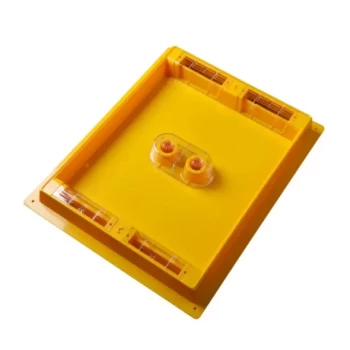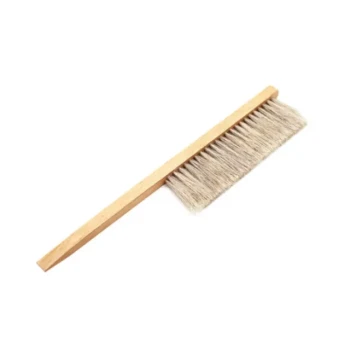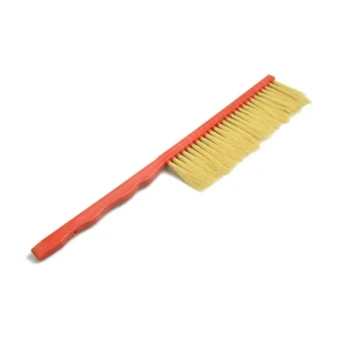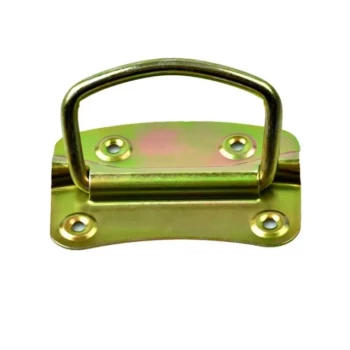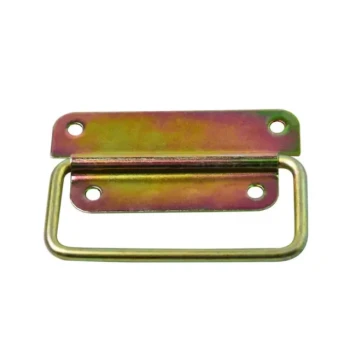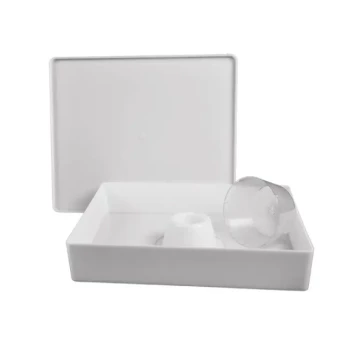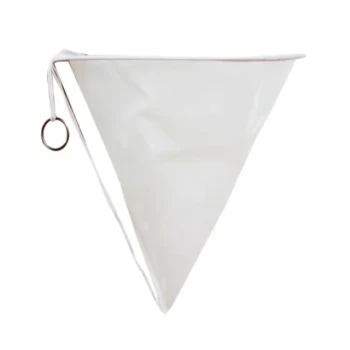In short, yes, having a beehive in your yard can be exceptionally good, but it is a serious commitment, not a casual hobby. The primary benefit is powerful, localized pollination for your garden and surrounding landscape, leading to more robust flowers and a greater yield from fruit and vegetable plants. However, a hive requires space, knowledge, and active management to be successful and safe.
A backyard beehive is less of a garden accessory and more of a micro-farming endeavor. While it offers profound ecological benefits and the sweet reward of honey, it demands a genuine commitment to learning and responsible animal husbandry.
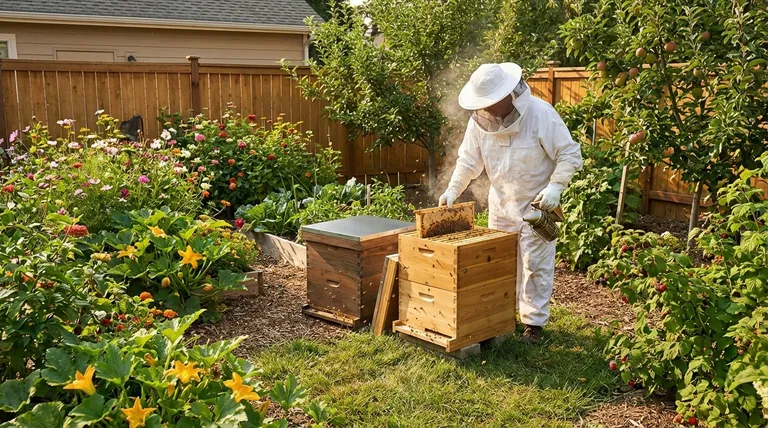
The Clear Benefits of a Backyard Hive
Hosting honeybees can transform your local environment. The advantages extend beyond your property line, contributing to the health of the neighborhood ecosystem.
Enhanced Pollination for Your Garden
Bees are master pollinators. A hive in your yard provides a dedicated workforce to fertilize your plants.
This direct access to pollinators often results in significantly higher yields for home gardens, especially for crops like squash, cucumbers, berries, and fruit trees.
The Reward of Raw, Local Honey
A healthy, established hive can produce a surplus of honey. For many beekeepers, this is one of the most tangible and delicious rewards.
Harvesting your own raw, unprocessed honey gives you a product with a unique flavor profile based on the specific flowers your bees have visited.
Supporting Critical Pollinator Populations
While honeybees are not native to North America, they are a vital part of modern agriculture. By learning to manage a hive, you gain a deep appreciation for the challenges all pollinators face.
Responsible beekeeping contributes to overall bee health and genetic diversity, which is crucial for our food systems.
The Practical Realities and Responsibilities
Before you purchase a hive, you must understand what you are signing up for. Beekeeping is an active, ongoing responsibility.
The Commitment of Time and Education
You cannot simply "set and forget" a beehive. It requires regular inspections—weekly in the spring and summer—to check for health, space, and signs of disease or pests.
Successful beekeeping requires education. You will need to learn about the bee life cycle, hive management techniques, pest identification, and seasonal care through books, local beekeeping associations, or mentorship.
The Financial and Spatial Investment
There is an initial startup cost for the hive components, protective gear, tools, and the bees themselves. This can range from several hundred to over a thousand dollars.
Your yard must also have adequate space. The hive needs to be in a location with good sun, drainage, and a clear flight path that doesn't direct bee traffic straight toward your (or your neighbor's) doors and patios.
Understanding the Trade-offs and Risks
Objectivity is critical when considering beekeeping. The potential downsides must be weighed carefully against the benefits.
The Risk of Stings
Honeybees are generally docile and only sting when they feel their hive is threatened. However, stings will happen.
This is a critical consideration if you, your family, or your immediate neighbors have known bee sting allergies. Responsible hive placement and gentle handling can minimize risks, but cannot eliminate them entirely.
Navigating Local Laws and Neighborly Relations
Many cities and municipalities have specific ordinances regarding beekeeping, such as limits on the number of hives, required setbacks from property lines, and registration. You must check and comply with these laws.
It is also an act of courtesy and responsible ownership to speak with your neighbors before setting up a hive, addressing their concerns and explaining the benefits.
Is a Backyard Hive Right for You?
Choosing to keep bees is a personal decision that depends on your goals, resources, and willingness to learn.
- If your primary focus is simply helping pollinators: You may be better served by planting a variety of native, pollinator-friendly flowers, shrubs, and trees.
- If your primary focus is garden productivity and you're ready for a hands-on hobby: Starting with a single hive, joining a local bee club, and finding a mentor is the best path forward.
- If your primary focus is a large harvest of honey: Be aware that a typical backyard setup with one or two hives will produce a modest, personal supply, not a commercial quantity.
Ultimately, a well-managed beehive is a rewarding addition to a home, but it thrives on informed and dedicated care.
Summary Table:
| Aspect | Benefit | Responsibility |
|---|---|---|
| Garden Health | Dramatically increases pollination and fruit/vegetable yields. | Requires knowledge of bee-friendly plants and seasonal care. |
| Harvest | Provides a supply of raw, local honey with unique flavors. | Demands careful hive management and ethical harvesting practices. |
| Ecosystem | Supports vital pollinator populations and local biodiversity. | Involves regular hive inspections for health, pests, and disease. |
| Space & Cost | A rewarding, space-efficient micro-farming activity. | Initial investment for equipment, bees, and ongoing education is required. |
Ready to Start Your Beekeeping Journey with Confidence?
Whether you're a commercial apiary or a beekeeping equipment distributor, having the right supplies is the first step to success. HONESTBEE provides the durable, high-quality beekeeping equipment and supplies you need through our wholesale-focused operations.
Let us equip you for a thriving hive. Contact our experts today to discuss your specific needs and get started!
Visual Guide
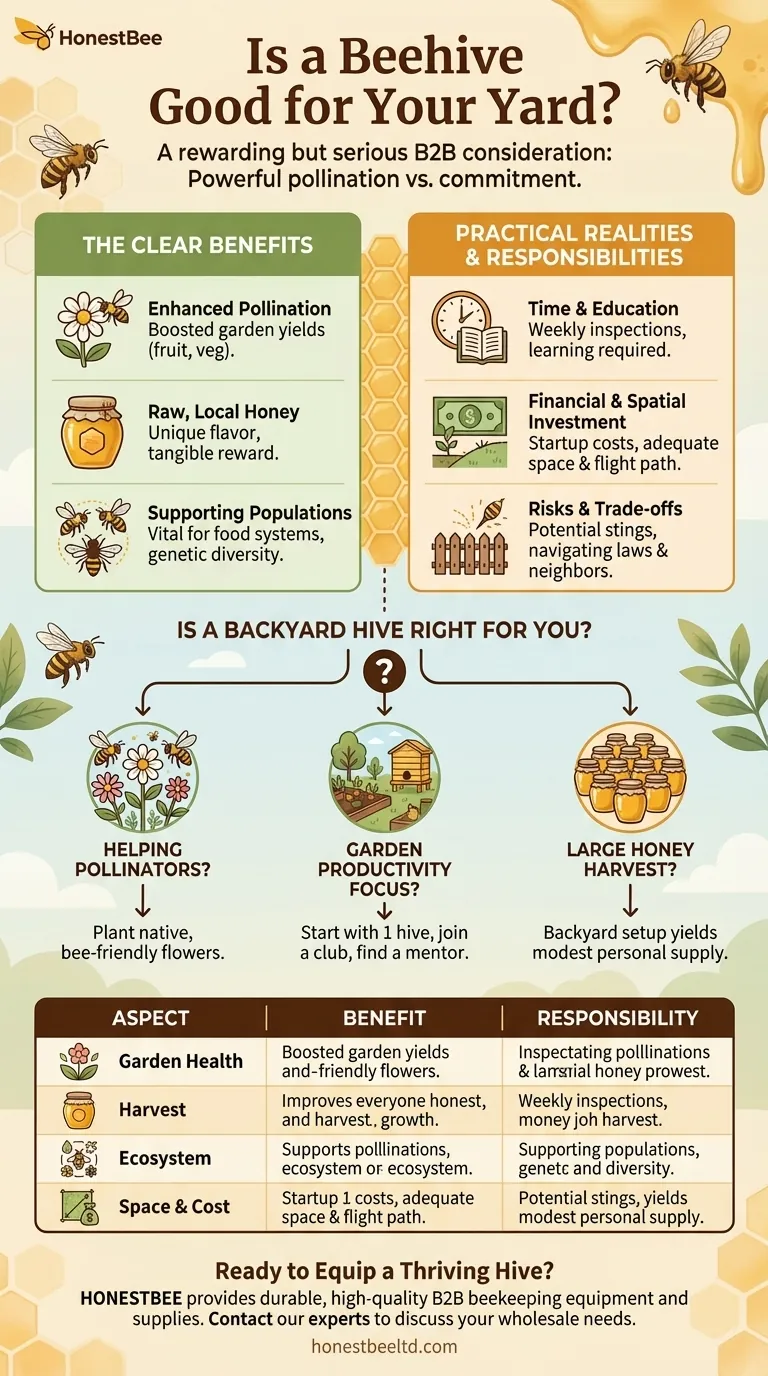
Related Products
- Telescopic Beehive Outer Cover Lid Roof with Galvanised Sheeting for Langstroth Hive and Beehive Outer Cover
- Professional Hive Top Bee Feeder for Beekeeping
- HONESTBEE Professional Long Handled Hive Tool with Precision Cutting Blade
- Wholesales Dadant Size Wooden Bee Hives for Beekeeping
- Wooden Bee Brush with Double-Row Horsehair Bristles
People Also Ask
- What is the primary function of controlled mating stations? Ensuring Genetic Purity in Honeybee Breeding
- What role does a UV-Visible spectrophotometer play in determining HMF in honey? Master Honey Quality Analysis
- What are the steps to prepare for adding bees to a new hive? Ensure a Strong Start for Your Colony
- How do high-frame-rate industrial cameras monitor bee flight and wing-fanning? Precision Insights for Hive Research
- Why is mobile beekeeping equipment necessary for forest honey? Maximize Acacia Yields with Mobility
- Why is the use of standardized beehives critical in the large-scale beekeeping of Apis cerana? Boost Efficiency & Yield
- How do the vertical dimensions and internal layout of a beehive influence honey ripening efficiency?
- What are the natural preservation properties of honey? Unlocking Nature's Timeless Preservative

